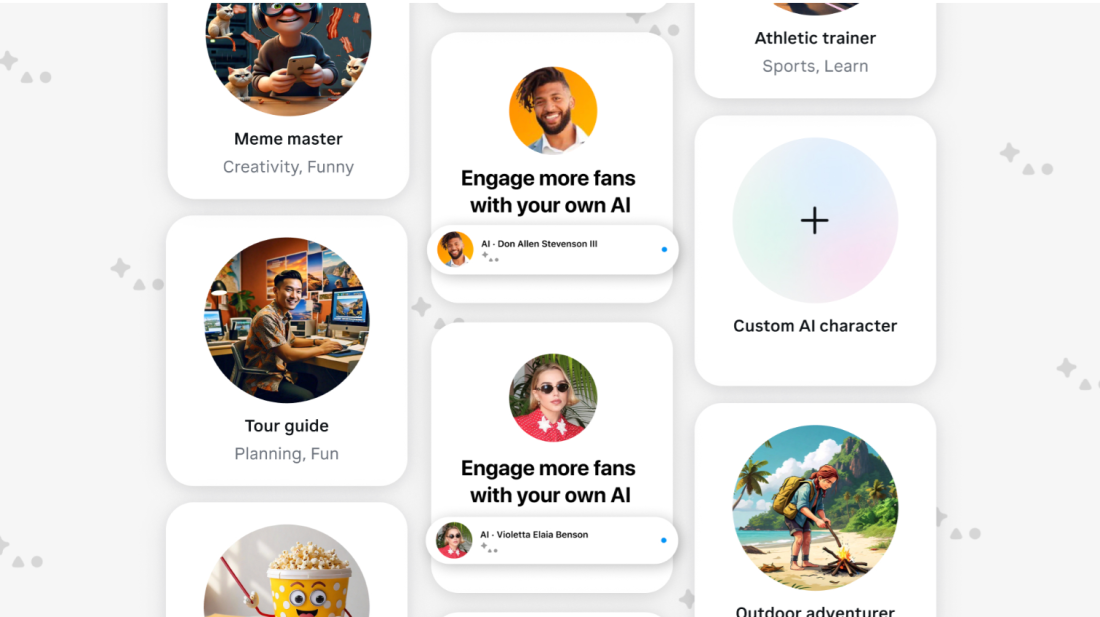
Meta’s AI Chatbots Now Message You First—By Design
In a strategic evolution of its artificial intelligence ambitions, Meta has introduced a new feature that pushes the boundaries of chatbot engagement: proactive messaging. Unlike traditional AI interactions, which rely on user initiation, Meta’s AI personas on Messenger, WhatsApp, and Instagram can now reach out first—unprompted but within controlled limits.
A leaked set of internal documents, reviewed by industry observers, reveals that Meta is partnering with data labeling firm Alignerr to train these chatbots to recall prior interactions and send personalized follow-ups. These custom AI companions—such as one dubbed “The Maestro of Movie Magic”—are designed to remember user preferences and initiate contextual conversations. Meta confirmed that it is actively testing this technology across its platforms.
The criteria are specific: chatbots are allowed to send follow-up messages only within 14 days of the user’s first interaction and only if the user has responded at least five times during that window. If the follow-up message goes unanswered, the bot halts further outreach. This balance aims to retain user engagement without breaching trust—a crucial factor as digital interaction norms continue to evolve.
Users can create and share these AI personas through Meta’s AI Studio, a platform tailored for customized AI development. Distribution options include direct links, stories, and profile display across Facebook and Instagram. While this represents a leap in user-AI interaction design, Meta’s objectives go beyond novelty. According to recently unsealed court documents, the company projects that its generative AI products could generate $2–$3 billion in revenue in 2025, with long-term estimates stretching to $1.4 trillion by 2035. A significant portion of this revenue is expected to stem from partnerships surrounding Meta’s open Llama model ecosystem.
This move aligns with Meta CEO Mark Zuckerberg’s broader ambition to address the so-called “loneliness epidemic” through digital companionship. However, observers have noted that the company’s core monetization strategy—driven by ad revenue—makes every additional minute of user attention a measurable asset. The idea of AI companions driving engagement directly feeds into that larger framework, with Meta leaving the door open to future monetization options like ads, sponsored replies, or subscriptions embedded within chatbot experiences.
This proactive chatbot model mirrors strategies employed by startups such as Character.AI and Replika. Yet, that similarity also brings risks. Character.AI, for example, is currently facing legal scrutiny in a case involving a minor’s death allegedly linked to chatbot influence. In response to concerns, Meta has layered its deployment with disclaimers emphasizing that these bots are not substitutes for professional advice—medical, psychological, legal, or financial. Despite such measures, questions around age restrictions remain. While certain jurisdictions like Tennessee and Puerto Rico have enacted limits, Meta does not appear to impose any age restrictions on its own platforms, raising ethical and regulatory concerns.
What Meta has unveiled is more than a feature; it is a signal of how human-digital interaction will be shaped in the years ahead. Whether this fosters meaningful conversation or simply more scrolling depends on how users respond—and how companies like Meta navigate the fine line between utility and manipulation.
As businesses consider embedding AI for engagement, customer support, or sales, tools like LiveChat, Chatbot integrations, and Helpdesk platforms offer increasingly powerful ways to manage user relationships at scale. And for organizations ready to refine internal performance or CRM workflows, platforms like Teamflect and Pipedrive CRM can help institutionalize smarter interactions across functions.
As AI-driven outreach becomes the new norm, how should organizations strike the right balance between personalization and privacy in their customer engagement strategies?
Explore Business Solutions from Uttkrist and our Partners’, Pipedrive CRM and more uttkrist.com/explore


